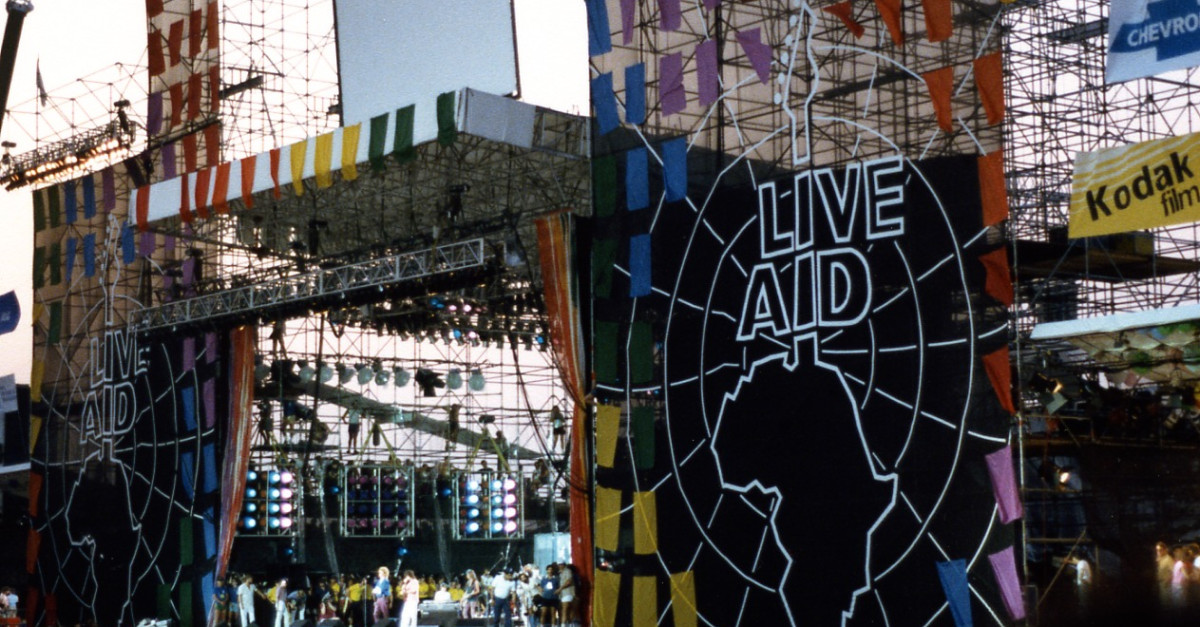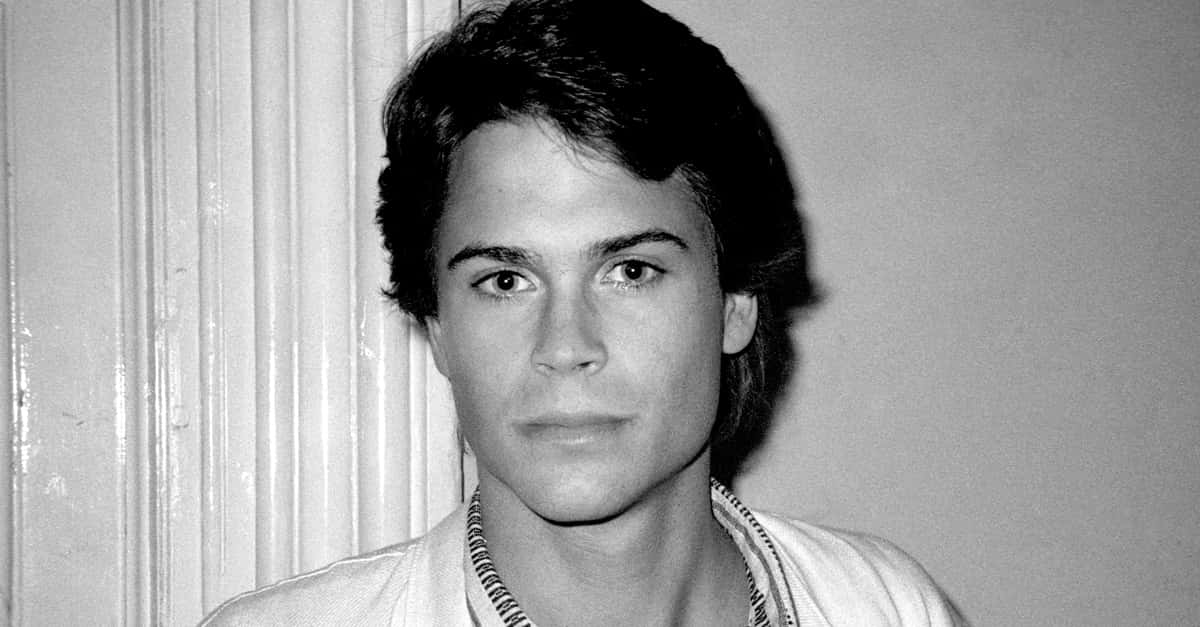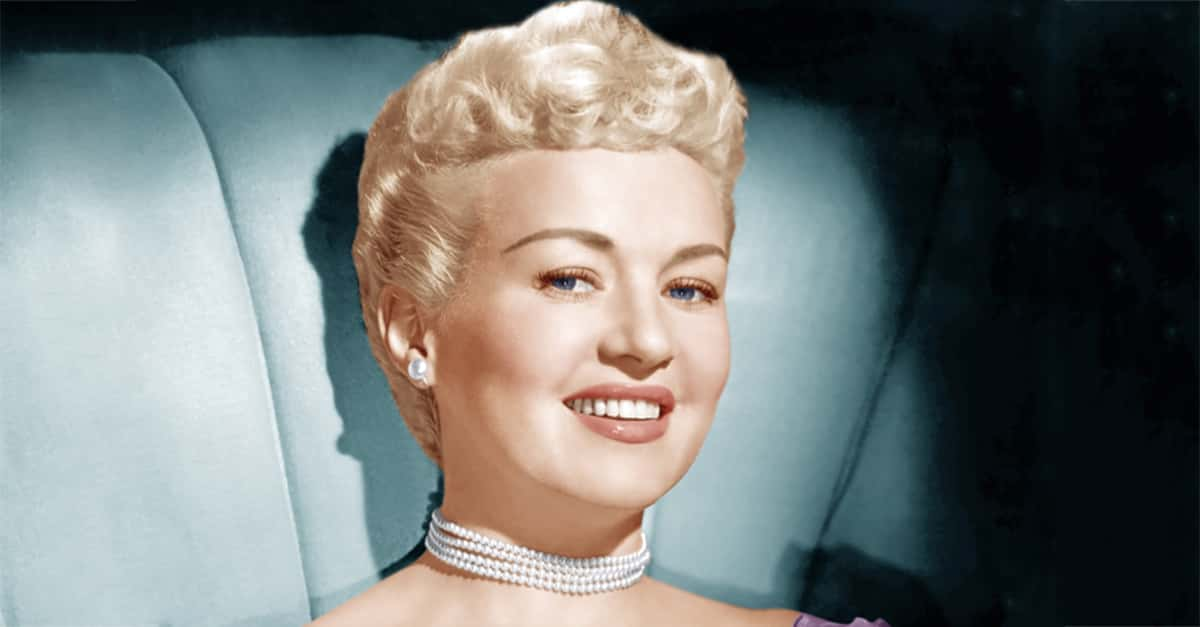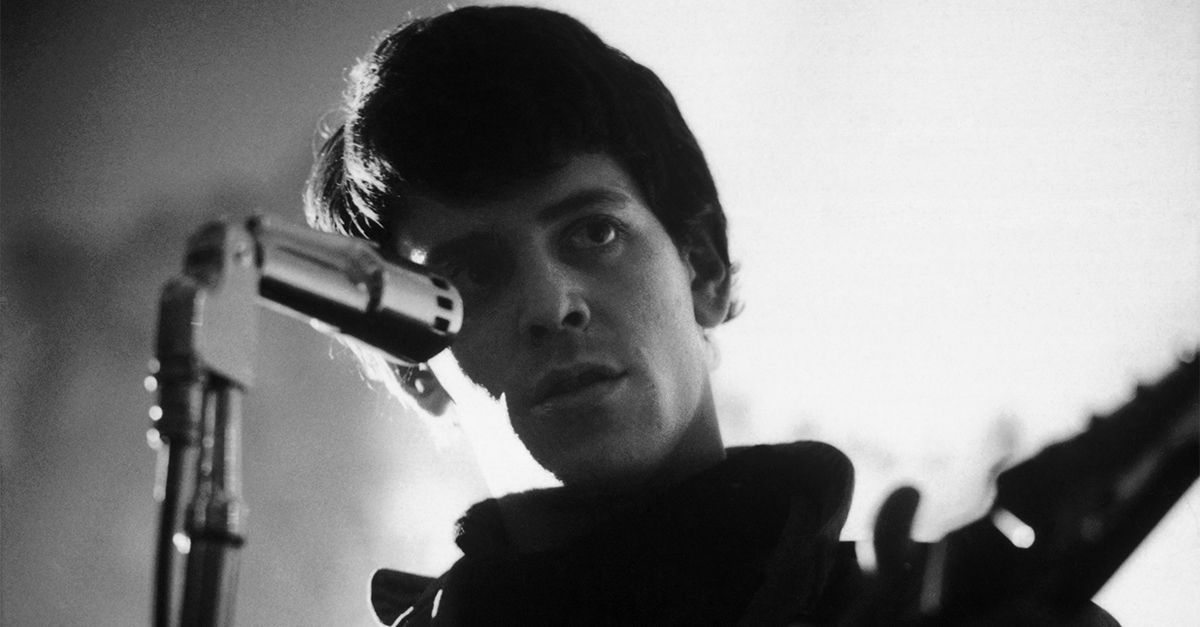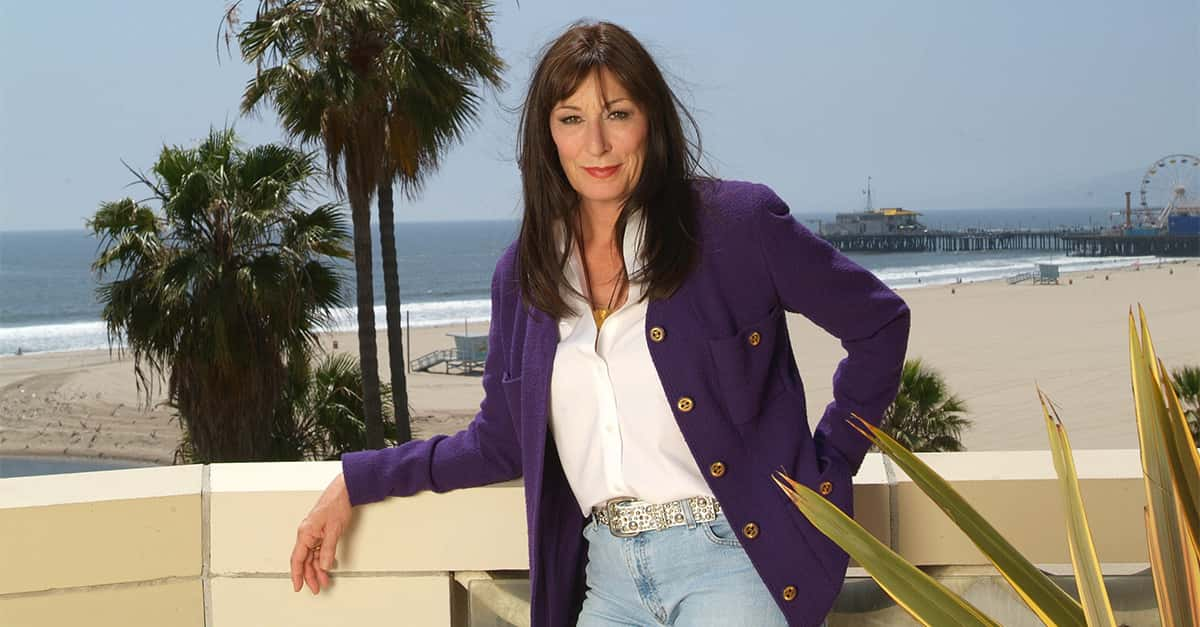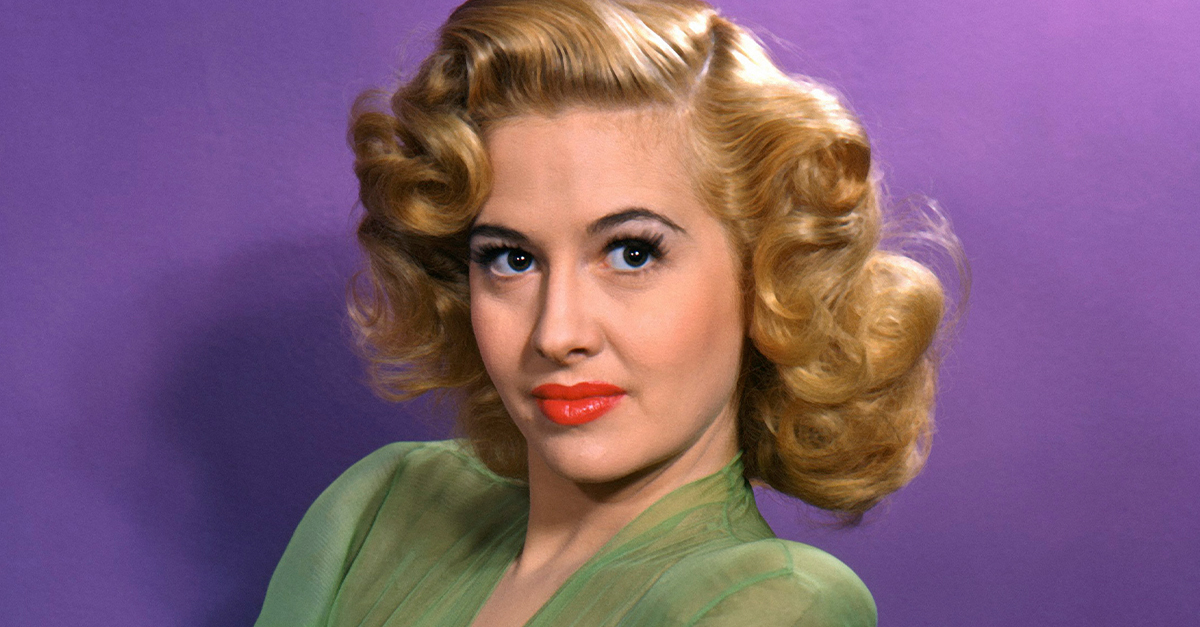In 1985 the world watched in awe as music’s biggest stars gathered for Live Aid, a global concert to raise money for Ethiopian famine relief. Live Aid was one of the biggest concerts in rock-and-roll history, but among the epic performances there was one set that left fans scratching their heads: a reunion of Led Zeppelin—with Phil Collins on drums. Yes, you read that right.
The 80s Star And The 70s Rock Legends
By 1985, Collins was already a superstar, riding high on the success of both Genesis and his solo career. His musical versatility, technical skill, and work ethic had made him one of the defining artists of the 80s. When the opportunity came to play drums for the surviving members of Led Zeppelin—Robert Plant, Jimmy Page, and John Paul Jones—he said yes without hesitation. But things didn’t go exactly as planned.
A Hectic Schedule
Collins had committed to doing the nearly impossible: performing at both Live Aid locations on the same day. After playing his set at Wembley Stadium in London, he jumped on the Concorde, flew across the Atlantic, and landed in Philadelphia just in time to take the stage again—this time behind the drum kit with Led Zeppelin.
Doubled Up On Drums
He wasn’t alone. Tony Thompson, drummer from Chic and The Power Station, was also asked to play drums during the set. The result? Two drummers. One stage. Zero rehearsal. The band performed three songs: “Rock and Roll,” “Whole Lotta Love,” and “Stairway to Heaven.” On paper, it looked like a dream reunion, but the reality was very different.
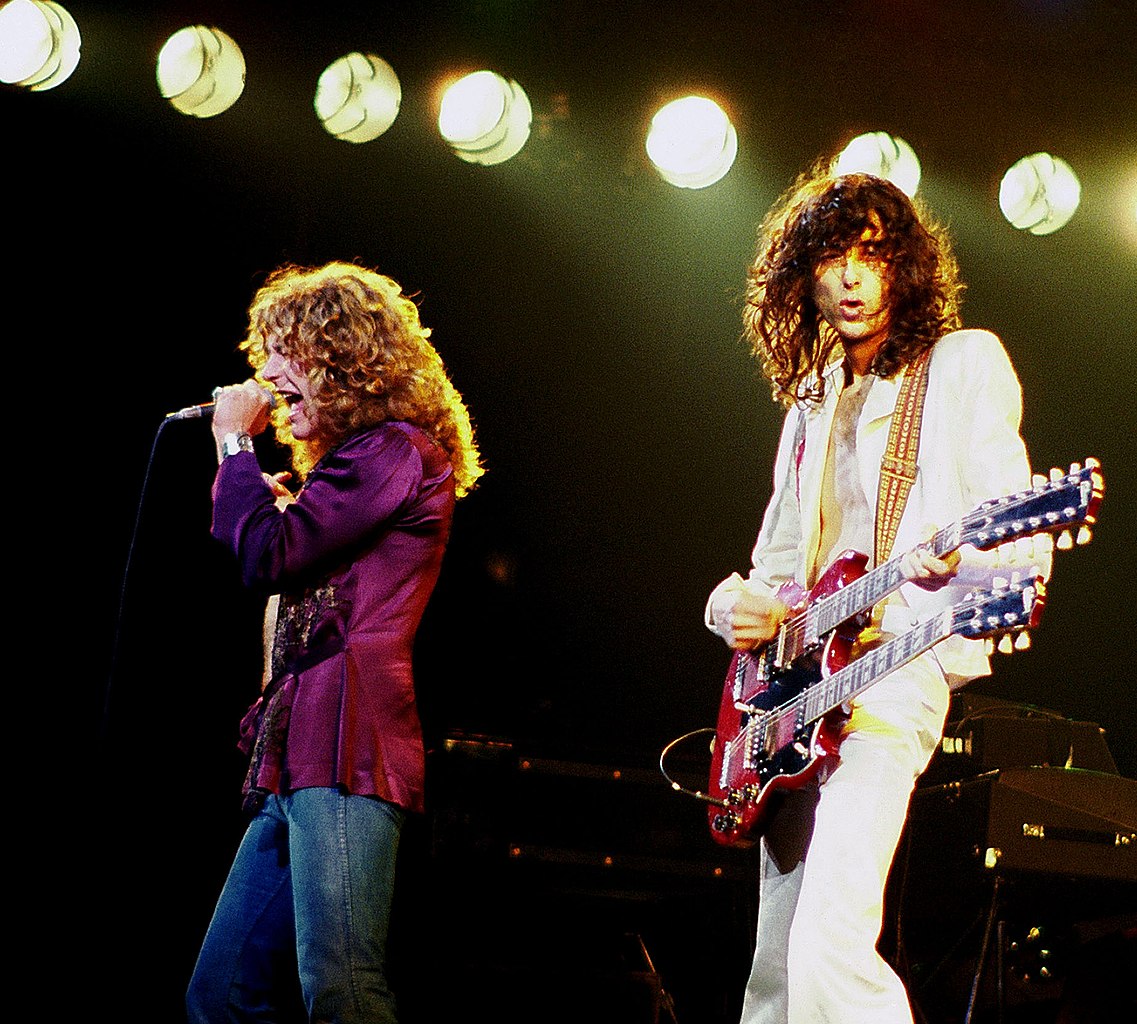 Jim Summaria, CC BY-SA 3.0, Wikimedia Commons
Jim Summaria, CC BY-SA 3.0, Wikimedia Commons
A Whole Lotta Problems
Jimmy Page’s guitar was out of tune. Robert Plant’s vocals were strained. The two drummers seemed to compete rather than complement one another, creating a muddled rhythm section that even the most forgiving fans found hard to listen to.
Odd Man Out
Phil Collins later admitted he felt unwanted and unprepared. He’d asked for a rehearsal ahead of time, but it never materialized. According to Collins, Page seemed irritated by his presence. “I was there to help,” Collins said in interviews. “But it felt like they didn’t really want me there.”
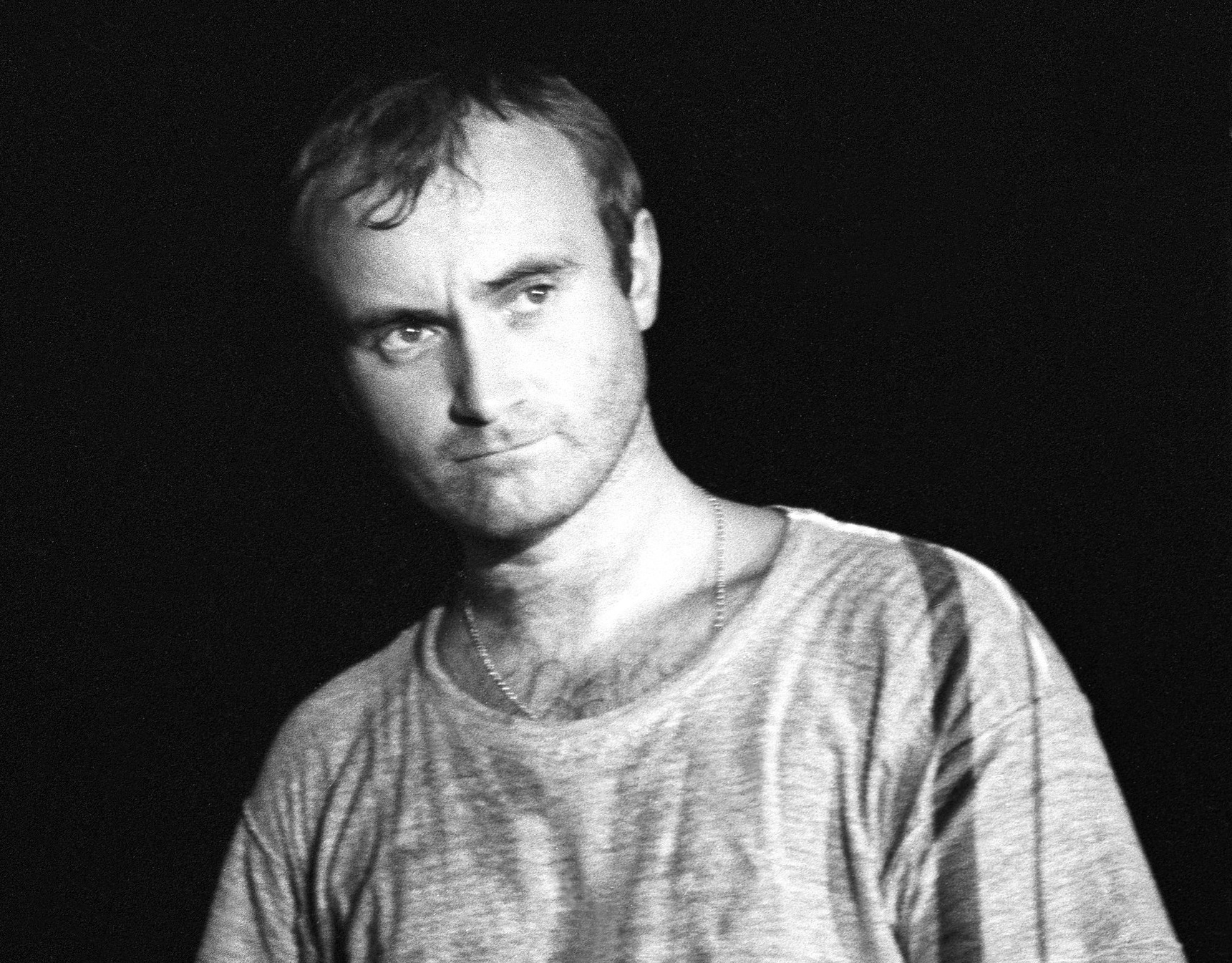 Philippe Roos from Strasbourg, CC BY-SA 2.0, Wikimedia Commons
Philippe Roos from Strasbourg, CC BY-SA 2.0, Wikimedia Commons
A Clean Slate
In the aftermath, Led Zeppelin refused to allow their Live Aid performance to be included in official concert releases. Critics panned the set as one of the night’s biggest letdowns. Even Robert Plant later admitted his “voice was long gone” due to his several recent gigs. To this day many people remember Queen’s standout Live Aid performance, but are unaware that Zeppelin even played.
Forty Years Later
For Collins, it was a rare misstep in an otherwise golden decade. For Led Zeppelin fans, it was both a reunion and a reminder of the essential contributions of John Bonham, the band’s original drummer. For the rest of us, the concert is now a great piece of 80s music lore. Live Aid was full of once-in-a-lifetime performances. Some were triumphant. Others, like this one, were messy. Either way, it was all for a great cause.
You May Also Like:
Are You A Music Buff? How Many Of These Rock & Roll Trivia Questions Can You Answer?


